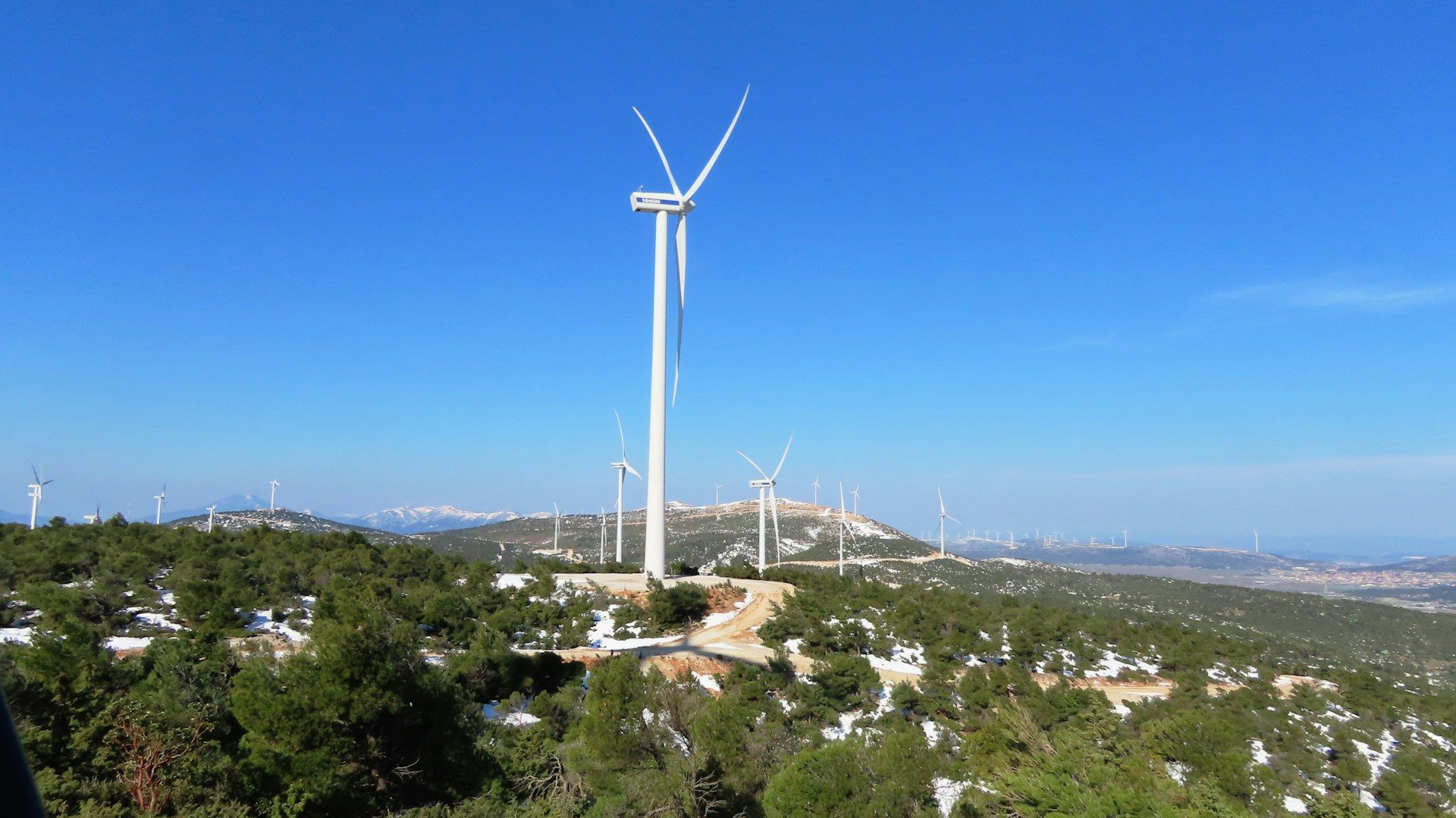Abu Dhabi’s Masdar, also known as the Abu Dhabi Future Energy Company, is contemplating an initial public offering (IPO) in 2026. This move is seen as a significant step towards promoting cleaner energy sources not only in the Gulf, the world’s largest oil-producing region, but also in Europe.

The proposed IPO aims to finance Masdar’s expansion efforts, particularly as the company has been actively investing in renewable energy projects across North Africa and the Middle East. Masdar has acquired a majority stake in Greece’s Terna Energy and made investments in Spain, highlighting its strategy to harness renewable power for the colder and more populated regions of Europe. The company is targeting the development of over 100 gigawatts of power-generating capacity by the year 2030.
Vijay Valecha, chief investment officer at Dubai-based Century Financial, emphasized that Masdar’s ambitious expansion plans could generate substantial interest in its IPO. Last year, the company raised $1 billion through bond sales that were nearly five times oversubscribed. While Masdar has not yet revealed its valuation targets for the IPO, a valuation in line with the FTSE ADX General Index—which has a price-to-earnings (PE) ratio of just over 23:1—could estimate Masdar’s worth at approximately AED 2.6 billion ($700 million). In contrast, regional competitors like Saudi Arabia’s Acwa Power trade at a PE of over 142:1, and Abu Dhabi National Energy Company (Taqa) at 50:1.
Bhaskar Dasgupta, chairman of Apex Middle East and India, pointed out that Masdar’s diverse global portfolio is likely to attract significant institutional investor interest, not only within the UAE but also across the Gulf Cooperation Council (GCC) and globally. Masdar is backed by Mubadala, a sovereign wealth fund of the Abu Dhabi government, which further enhances its appeal to investors looking for high-quality non-conventional energy firms.
Analysts believe that a successful IPO for Masdar could catalyze further listings by other renewable energy companies in the Middle East. The UAE and Oman aim for net-zero emissions by 2050, while neighboring Saudi Arabia, Bahrain, and Kuwait have set similar targets for 2060. Tony Hallside, chief executive of STP Partners, remarked that Masdar’s IPO could signal a turning point for the renewable energy sector in the MENA region, indicating readiness to commercialize clean energy assets on a larger scale. This development may prompt additional listings, particularly from companies in the UAE, Saudi Arabia, and Egypt, as capital markets continue to evolve and investor interest matures.


Leave a Reply